
But despite all odds, no event was powerful enough to crush the hopes of the resilient Pakistani nation, which has been looking for an affluent future.
Despite last year’s successful military operation in Malakand and Swat, major campaigns against al Qaeda and its affiliates in the northwest tribal badlands bordering Afghanistan remained inconclusive. Instead, a spill-over of the terror continued to haunt major cities like Karachi, Lahore and Peshawar.
Operations continued in South Waziristan and upper reaches of the Orakzai Agency but did not yield any solid results, while an offensive is yet to be launched in North Waziristan, an area considered to be the epicentre of terror and main source of trouble in Afghanistan by Pakistan’s western allies.
The apparent unwillingness of the Pakistani security establishment to move decisively against the notorious North Waziristan-based Haqqani terror network has apparently spurred Washington to step up a covert drone war.
Domestically, unpopular US drone assaults remained out of reach of the country’s security forces.
Deadly suicide attacks on famous sufi shrines of Abdullah Shah Ghazi in Karachi and Data Ganj Baksh in Lahore appeared to be attempts to deepen the already yawning sectarian divide.
Those gifted with foresight are seeing the beginning of another division of society along Shia-Sunni lines: they fear that this will have deep and long-term impact on Pakistan’s fragile social fabric.
Also on stake in 2010 was the future of the coming generations: analysts say they may have to wage an epic struggle to cope with issues ranging from access to basic needs to compiling more complicated ideological puzzles.
On the political front, the situation remained as fragile – if not more – and at some points seemed to be reeling out of control, but coalition governments in the centre and provinces remained intact.
The unanimous adoption of the 18th and 19th amendments within the span of just eight months was, to say the least, unprecedented: the sagacity displayed by the political leadership was a marked departure from the traditional display of disunity shown by political forces in the past.
But to give credit where it is due, all political leaders showed maturity and abstained from taking extreme positions that could have jeopardised the fledgling civilian setup.
A power struggle between emerging state institutions like parliament and the judiciary continued to pose a challenge to a democratic dispensation in Pakistan. But despite all the tension, both institutions are still operating within their respective domains.
It is sad to note that the year-end marks yet another triumph for the country’s right-wing elements after the government decided not to challenge them with going ahead with a proposed plan to bring changes to blasphemy laws.
It did not augur well on the financial side as well. Bids to reform the tax collection system remained futile, almost stalling the flow of much-needed liquidity from donors.
Unprecedented floods in July-August 2010 put further strain on an already empty kitty, while an inflation of 15.7 per cent remained the main area concern for economic wizards.
Internationally, the prices of crude oil once again started shooting up, especially during the last months of the calendar year ended on December 31, multiplying economic problems of countries which spend a huge chunk of their foreign exchange reserves on oil imports. The increase does not auger well for the year 2011.
Published in The Express Tribune, January 1st, 2011.




1724732779-0/Sabrina,-Camilla-and-Shawn-(1)1724732779-0-165x106.webp)
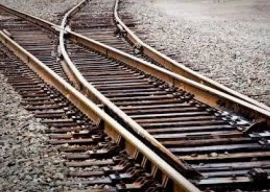

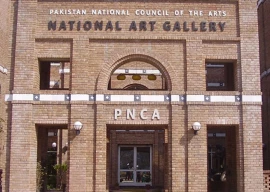
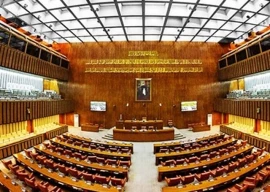
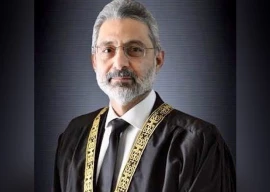

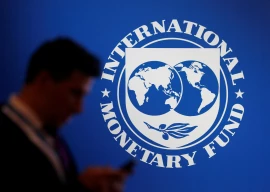
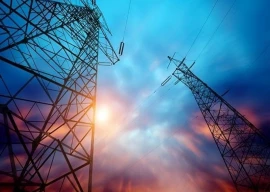
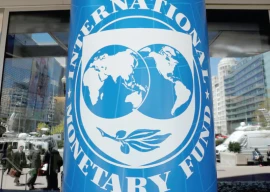


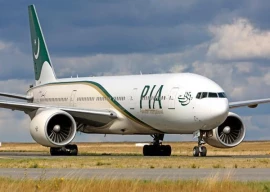
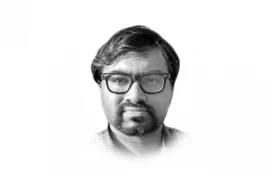





COMMENTS
Comments are moderated and generally will be posted if they are on-topic and not abusive.
For more information, please see our Comments FAQ